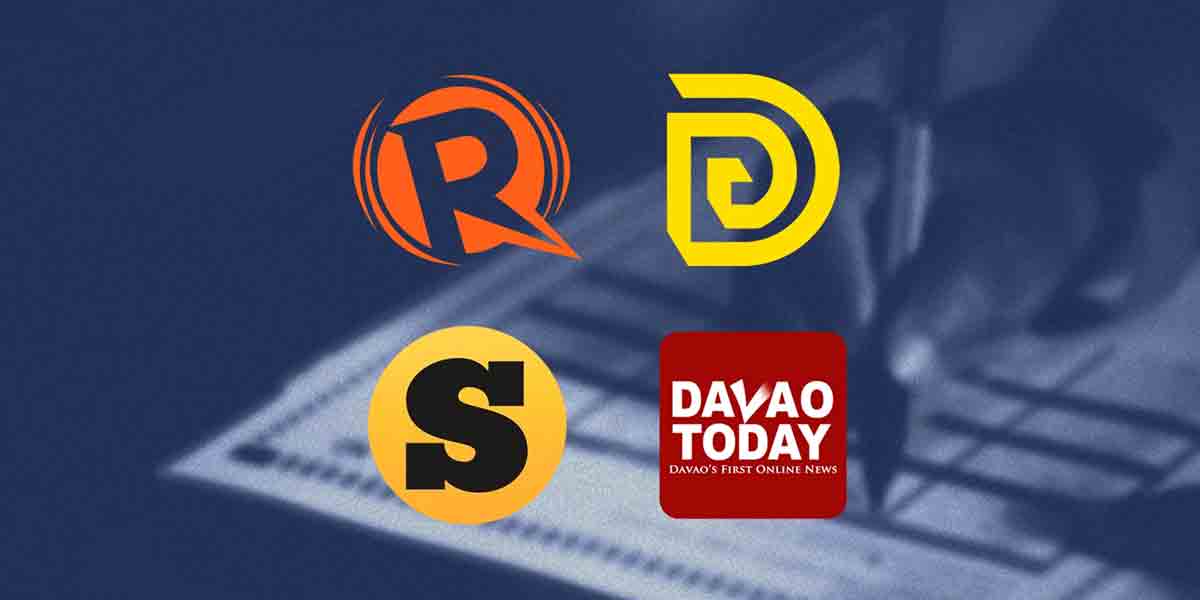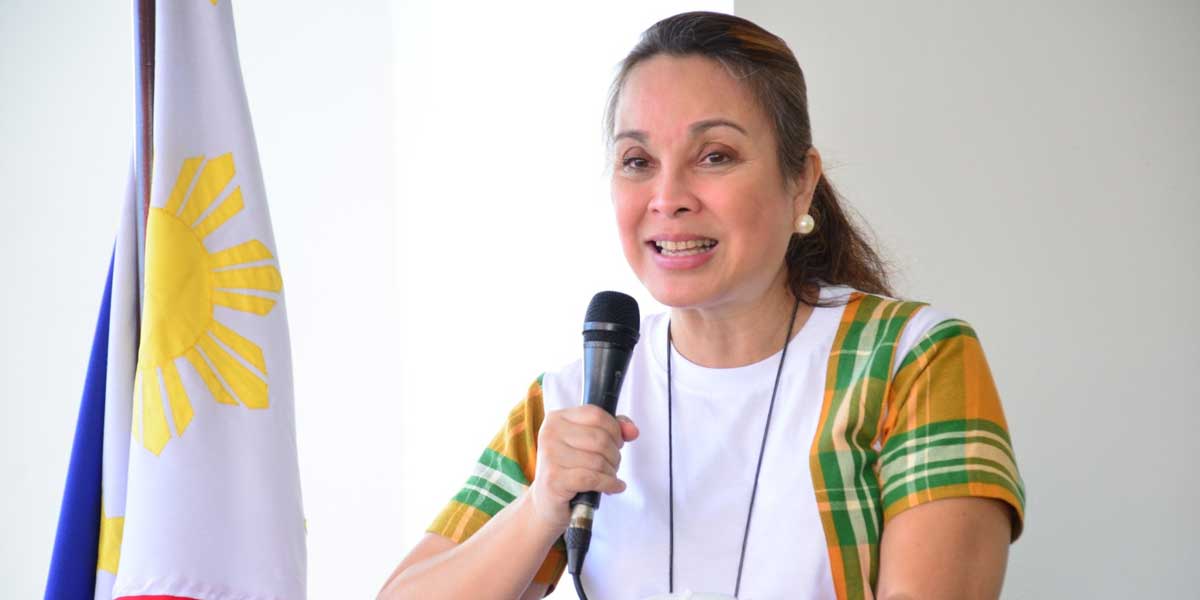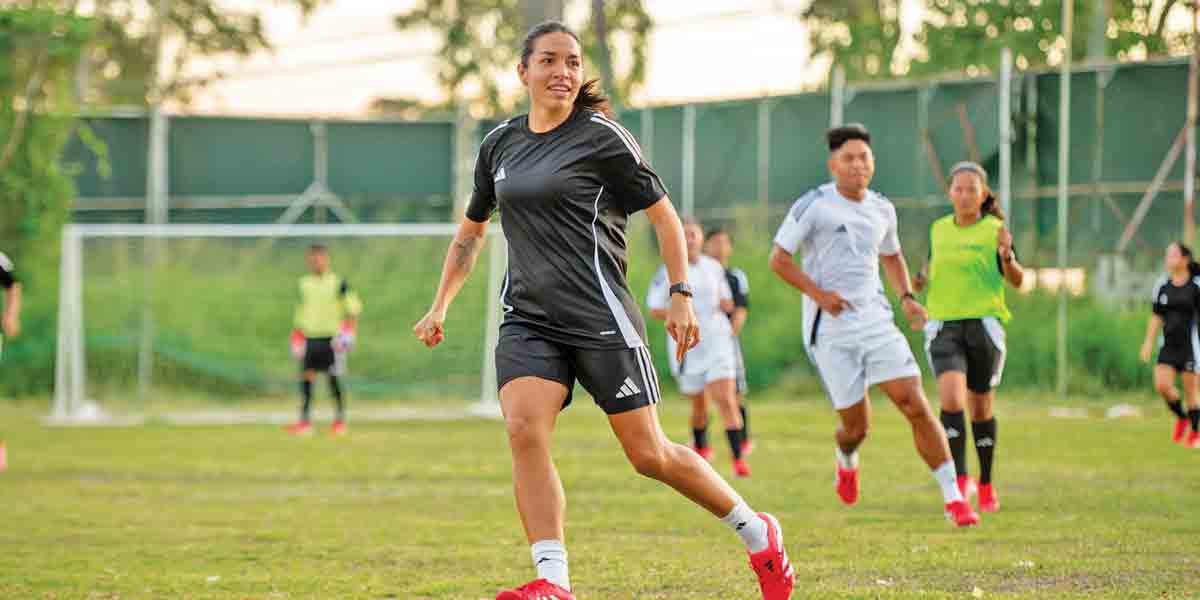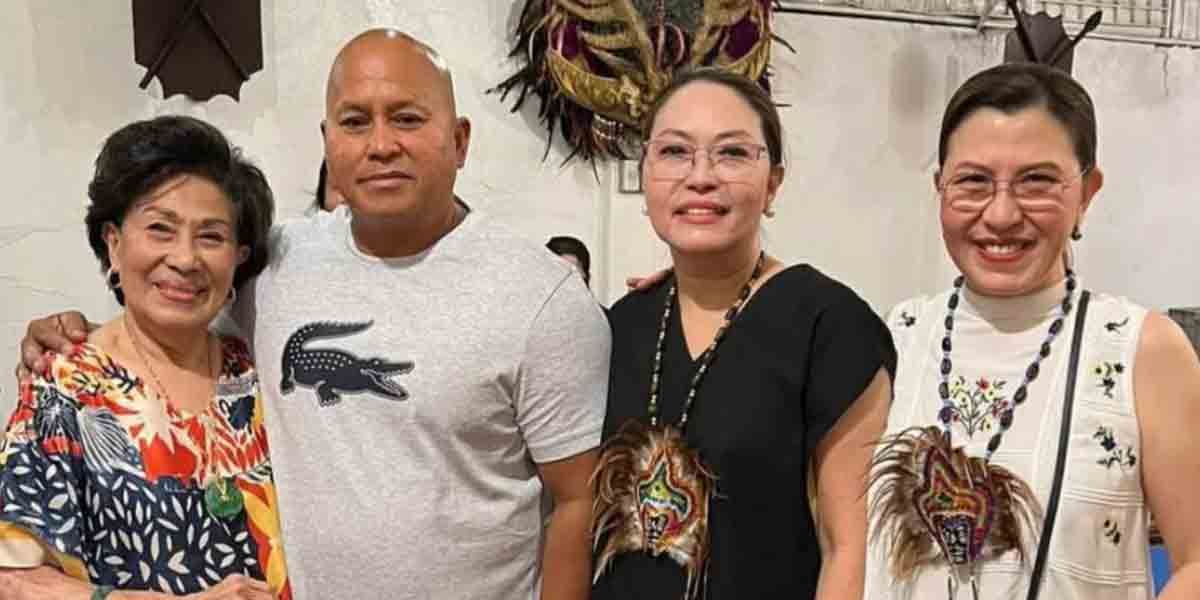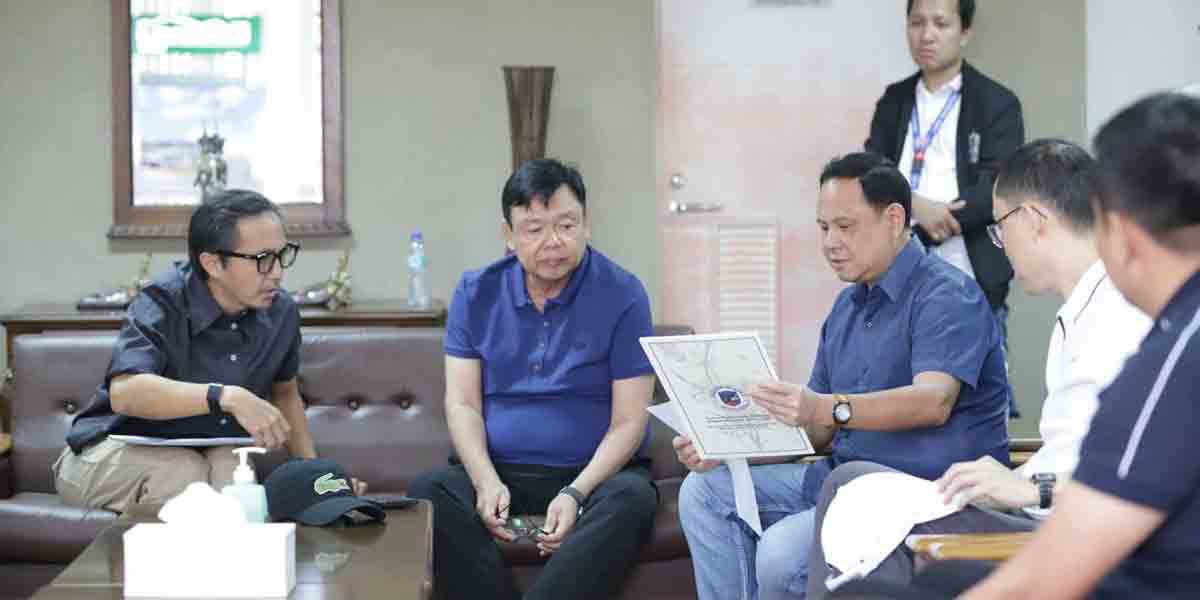 Adult education is a public education program for adults 18 years and older. It helps elder students earn a high school diploma, learn to speak English, learn new jobs, and even business or entrepreneurship.
Adult education is a public education program for adults 18 years and older. It helps elder students earn a high school diploma, learn to speak English, learn new jobs, and even business or entrepreneurship.
In the United States, adult education programs and courses are offered by secondary schools, community colleges, universities and other institutions. Adult education program is a continuing education programs for the elders or on college age who wish to specialize in a particular technical or business skill in order to advance their career.
Colleges and universities in the US provide adult education programs through their continuing education departments. Instructions can be applicable toward undergraduate and graduate degrees or certificates in areas of construction management, accounting, economics, among others.
Some colleges and universities offer adult education courses and degree programs via distance learning program that may be accredited by a regional or national accrediting agency.
The Basic Adult Education Program assists people who are migrants. It covers the high school diploma equivalency, English, general education preparation, family literacy and preparation for citizenship examination.
The high school diploma equivalency programs are for out of school individuals who are 16 years or older. The coursework includes basic literacy for non-readers or readers with limited skills, among others.
The Family Literacy programs are for the multiple members within a household to build their literacy skills. These programs are for parents who lacked Basic English skills, while others are for specific areas of proficiency with language and computer literacy.
In the Philippines, adult education consists of separate but interrelated programs of functional literacy promotion and continuing education, which is focused on socio-economic and citizenship training. Other top universities in the country are spearheading the adult education initiative by offering evening and weekend classes on cooking, food processing, information technology and other business related courses. Some colleges and universities are teaching farmers business and numeracy skills in order to earn a living and or not to be exploited by traders.
According to CHED Chairman J. Prospero E. de Vera III, adult education is part of the lifelong learning and life wide learning. Chairman de Vera discussed the importance of lifelong education at the Education World Forum 2019 held in London, England.
The Education World Forum is an annual global summit of education ministers organized to bring government leaders, development partners, and experts together to look at trends shaping education and gain valuable insights on how these changes will affect the future. More than 1,200 participants from 95 countries attended the forum.
Relevant education concerns, such as, education finance, improving access, artificial intelligence, ending violence in schools, tracking gains on the Social Development Goals, lifelong learning, among others were discussed in the forum.
In the past years, the Philippine government has significantly increased funding for higher education. This significant increase in funding for higher education did not happen in past decades.
The most recent is the passing of Republic Act No. 10931, otherwise known as the Universal Access to Quality Tertiary Education law, which benefitted some 1.3 million students in higher education institutions (HEIs) and more than 100,000 students in private HEIs.


